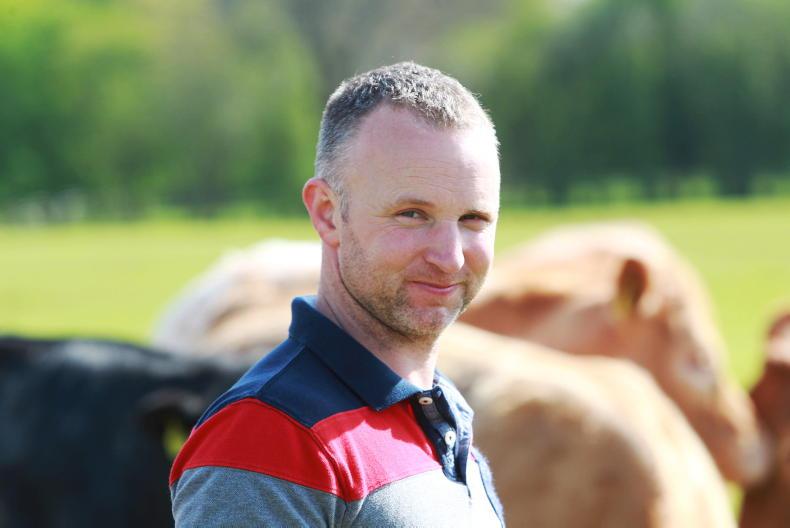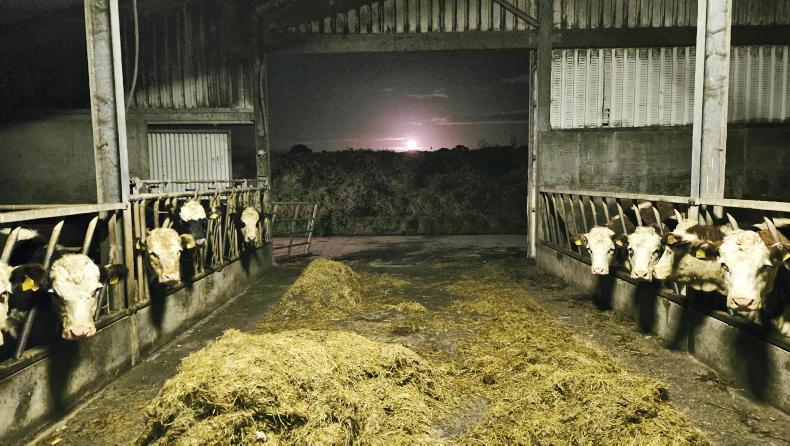The terms and conditions of the new Suckler Carbon Efficiency Programme (SCEP) must not be prohibitive or unnecessarily bureaucratic for suckler farmers, IFA livestock chair Brendan Golden has said.
He said the scheme is a vital income support for suckler farmers at €150/cow for the first 10 cows and €120/cow for all remaining cows on the farm.
Golden met with Department of Agriculture officials last week in advance of the terms and conditions for the scheme being finalised.
He highlighted a number of issues that must be taken into account before the scheme opens in mid-March.
Quality assurance
“IFA has objected from the outset to the compulsory requirement for farms to be in the Bord Bia quality assurance [scheme] for the scheme,” he said.
Quality assurance is a market requirement and must be rewarded from the marketplace, he said.
“It is neither appropriate nor acceptable that suckler farmers will be forced to become Bord Bia quality assured in order to be eligible.
“SCEP is due to open in mid-March and all eligibility criteria can only apply from that date. Actions or decisions taken by suckler farmers on their farms prior to this date cannot impact on payment levels or eligibility for the scheme.”
Star ratings
Golden was referring particularly to the star ratings requirement of calves born on farms this year.
“Farmers made these breeding decisions long before any CAP strategic plans were finalised or accepted by the Commission and before any scheme terms and conditions were available.
“Therefore, this cannot be used as a mechanism to reduce payments or determine eligibility for farmers in the scheme,” he said.
He also identified the high level of ambition set out in the strategic plan for the measures in the scheme and said farmers must be provided with maximum flexibility in reaching these targets for genotyping - calves born from four- and five-star bulls and the numbers of four- or five-star rated cows on the farm.
“The genotyping requirement must allow farmers sample calves at the time of tagging to address the issues experienced with this aspect of the BDGP and provide for a more efficient sampling process on farms,” he said.
Generational renewal
Golden added that generational renewal is a major challenge on suckler and beef farms and it is critical that this scheme provides maximum flexibility to new entrants to suckler farming in establishing reference numbers for scheme payments.
He said new entrants must be provided with a rolling reference year to allow for the herd to be built up while participating in the scheme.
He said the objective in developing the terms and conditions for this scheme must be to facilitate the maximum number of farmer participants by ensuring the criteria is practical, deliverable on farm and does not involve unnecessary bureaucracy.









SHARING OPTIONS